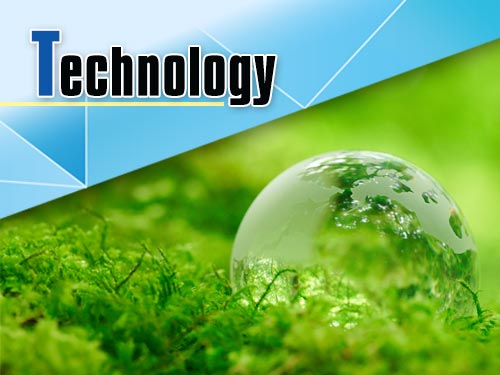Global Plastic Reduction Policies & Taiwan’s Opportunities
International Trends|Taiwan’s Strengths|Market Transformation
Technology

Global Plastic Reduction Policies: Taiwan’s Challenges and Opportunities
1. Overview of Global Plastic Reduction Policies
With increasing concerns over marine plastic pollution, climate change, and resource depletion, governments and international organizations are accelerating the implementation of plastic reduction policies and regulations:
| Region / Country | Key Plastic Reduction Policies |
| European Union | Ban on single-use plastic products (such as straws and cutlery) since 2021; promotion of the “Circular Economy Action Plan.” |
| Japan | Introduced the Plastic Resource Circulation Act, requiring manufacturers to label recycling instructions and take responsibility for collection and processing. |
| China | Comprehensive restrictions on non-degradable plastic bags; gradual promotion of reusable and recycling systems. |
| ASEAN | Multiple countries have launched “Plastic Reduction Roadmaps,” focusing on marine waste management and industrial transformation. |
2. Taiwan’s Challenges: Triple Pressures of Policy, Industry, and Consumer Habits
Although Taiwan has restricted plastic bag usage since 2002, it now faces stricter global standards and sustainability trade barriers. Key challenges include:
- High transformation costs: SMEs face financial and technical barriers in adopting degradable materials and eco-friendly equipment.
- Slow regulatory updates: Eco-labels and plastic certification systems are not yet fully aligned with international standards.
- Consumer awareness gaps: Single-use products still dominate the market, with insufficient adoption of recycling and reuse practices.
- Lack of supply chain transparency: Exported products lack comprehensive ESG and carbon footprint data, making it difficult to meet global procurement standards.
3. Taiwan’s Opportunities: Industrial Upgrading and International Alignment
Despite these challenges, Taiwan’s strong foundation in plastic processing, blow molding, and mold development provides opportunities to leverage global plastic reduction trends for industrial upgrading:
▼ Technological Advancement
- Adoption of high-efficiency blow mold designs to reduce material waste and energy consumption.
- Integration of post-consumer recycled (PCR) plastics and biodegradable materials in packaging and containers.
- Optimization of hollow blow molding structures to lower carbon footprints and reduce production costs.
▼ International Cooperation & Standards Alignment
- Obtaining global certifications (UL, ISO 14067, GRS) to enhance export competitiveness.
- Incorporating ESG reporting and disclosure systems to improve green supply chain transparency
▼ Dih Hong Plastic ,Practices and Outlook
As a manufacturer specializing in hollow blow molding and blow mold development, Dih Hong Plastic actively responds to international plastic reduction trends:
- Introducing mold flow analysis and automated machining technologies to enhance mold precision and carbon reduction efficiency.
- Assisting customers in developing recyclable and reusable hollow containers that comply with EU and U.S. environmental standards.
- Collaborating across the supply chain to promote circular material applications and carbon footprint accounting, co-creating low-carbon supply chains.
Plastic Reduction is Not a Cost, but an Opportunity for Upgrading
Plastic reduction policies are no longer just environmental actions—they have become essential drivers of industrial transformation and global trade compliance. If Taiwan can integrate policy, industry, and innovation capacity, it will not only overcome challenges but also excel in the global green economy. Companies like Dih Hong Plastic, which are deeply committed to both technology and sustainability, are the key forces driving this transformation.